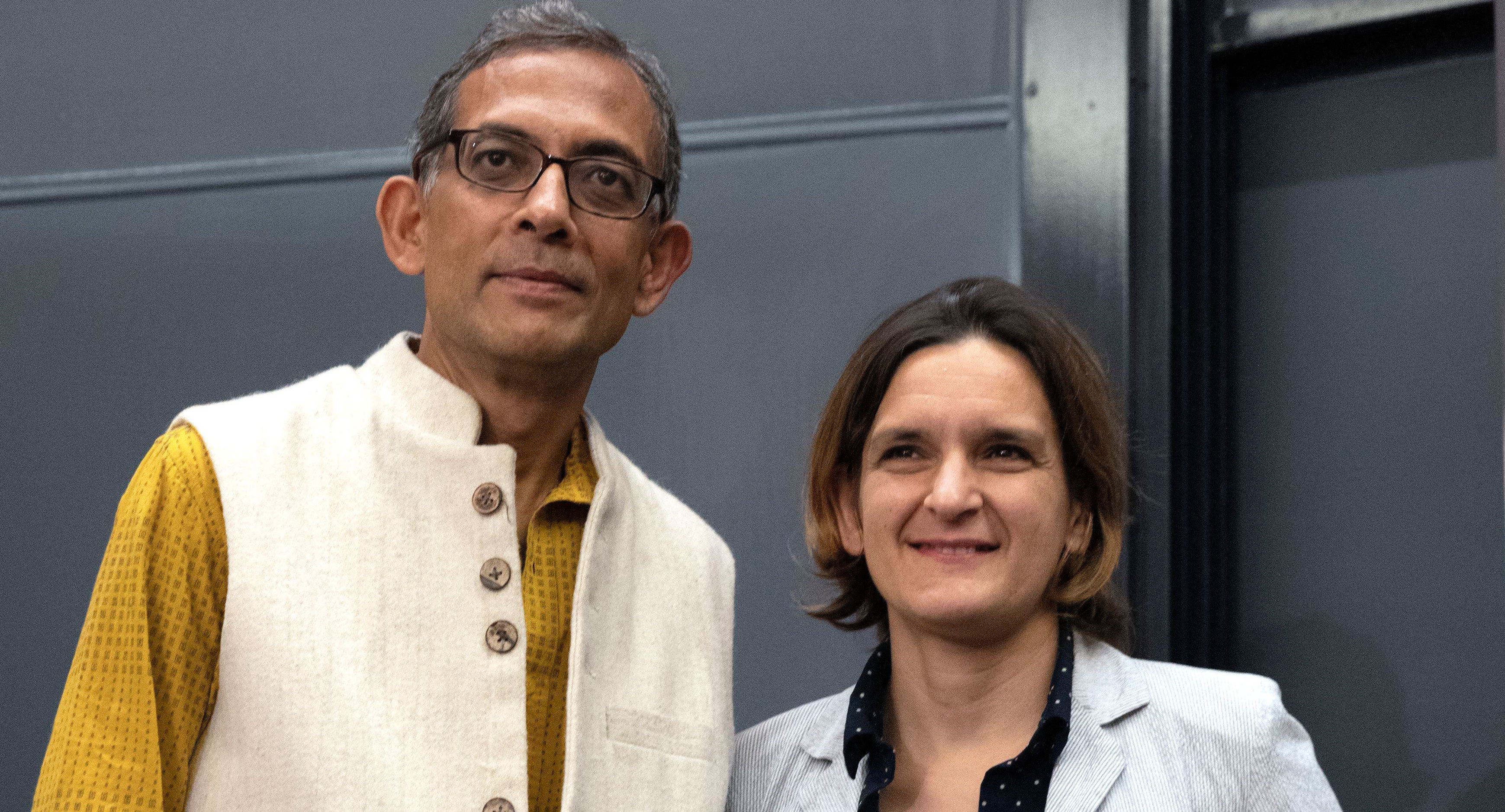Economist Abhijit Banerjee, who has won the Nobel for Economics, said on Monday that the Indian economy is “doing very badly” and the government is slowly recognising there is a problem.
Banerjee was speaking at MIT after winning the prize that he shares with Esther Duflo, his wife who is his MIT colleague and economist, as well as Harvard economist Michael Kremer.
“There is an enormous fight going on in India over which data is right. The government has a particular view that all data inconvenient to it are wrong. Nonetheless, this is something that even the government is increasingly recognising,” Banerjee said.
“The economy is slowing very, very fast. How fast, we don't know. There is this dispute about data, but I think… fast,' he said.
'The government has a large deficit but right now, it's sort of at least aiming to please everybody by pretending to hold to some budgetary targets and monetary targets,' he said.
Taking note of the fact that the economy is going into a “tailspin”, the MIT professor advised the Indian government not to “worry so much about monetary stability and worry a little bit more about demand. I think demand is a huge problem right now in the economy.'
Talking about the National Sample Survey figures that provide an estimate of the average consumption in Indian rural and urban areas, he said the numbers have slightly gone down between 2014-15 and 2017-18. “That's the first time such a thing has happened in many, many years so that's a very glaring warning sign,' he said.
On Monday, Banerjee told the ABP Ananda news channel: “The condition of the Indian economy is not healthy…. Whatever I’m seeing, I cannot feel reassured. Around 5-7 years ago, there were concerns like the environment, but at least there was growth in the economy. Now, that’s not the case.”
Banerjee, Duflo and Kremer jointly won the 2019 Nobel 'for their experimental approach to alleviating global poverty'.










